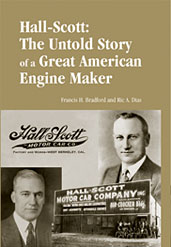Training / Education
AS13002 Qualifying an Alternate Inspection Frequency Plan
2024-10-21
This course is verified by Probitas Authentication as meeting the AS9104/3A requirements for continuing Professional Development. AS13002 defines the process for qualifying an Alternate Inspection Frequency Plan for suppliers within the aero-engine sector. This two-day course will provide common requirements for developing and qualifying an alternate inspection plan, other than 100% inspection of all features. This course is designed to cover the basic elements of the process to be applied to design characteristics (as defined in AS9102), and parts or inspection processes as defined by the purchaser.

